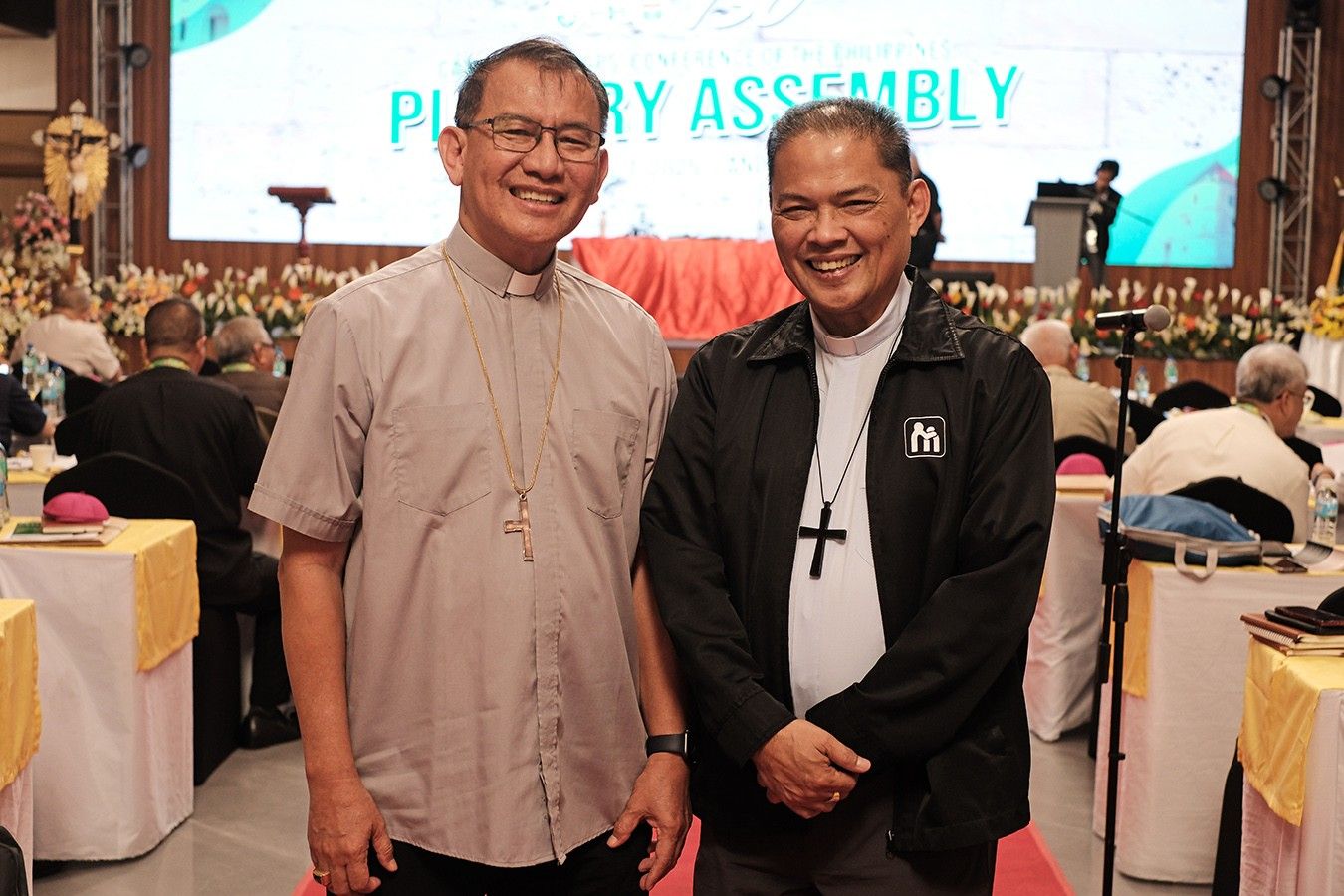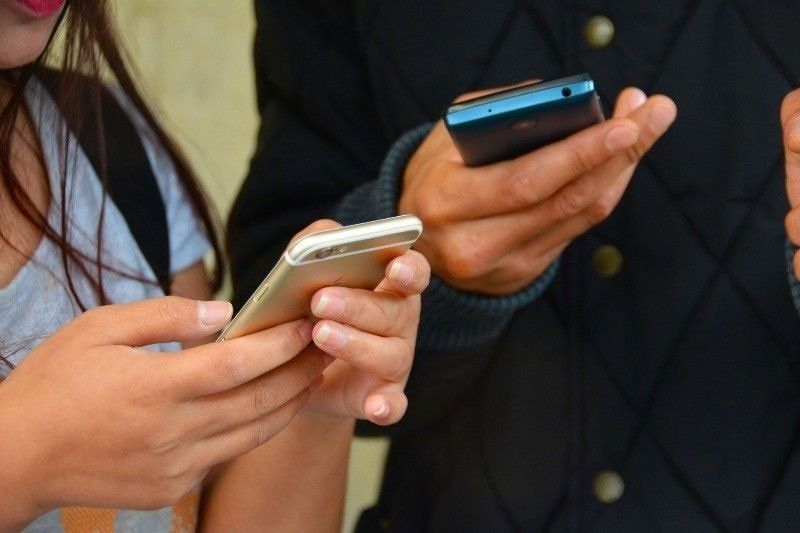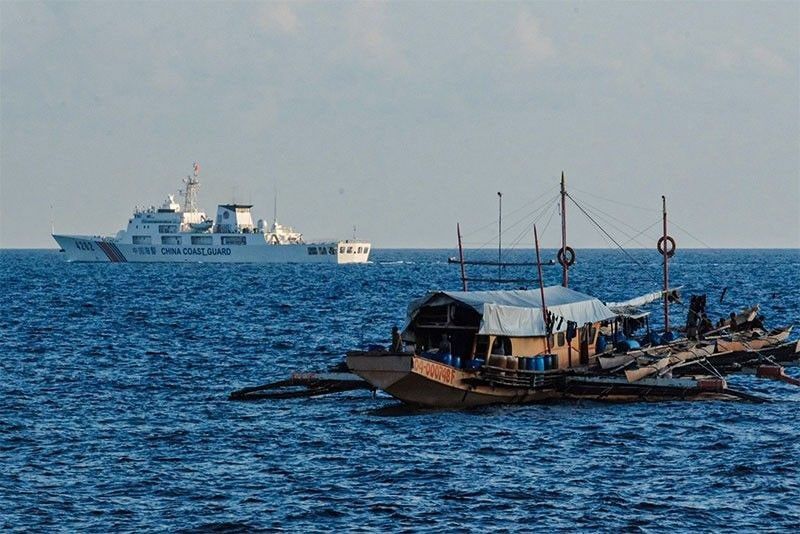
Upgrade to High-Speed Internet for only ₱1499/month!
Enjoy up to 100 Mbps fiber broadband, perfect for browsing, streaming, and gaming.
Visit Suniway.ph to learn
Jean Mangaluz - Philstar.com
March 28, 2025 | 7:45am
Supporters of the Philippines' former president Rodrigo Duterte's gather for a prayer rally at Liwasang Bonifacio in Manila on March 15, 2025, as he faces crimes against humanity charges over his deadly crackdown on narcotics.
AFP / Jam Sta Rosa
MANILA, Philippines — Former president Rodrigo Duterte's potential bid for interim release from the International Criminal Court (ICC) faces an obstacle: the Philippine government itself. The situation has created a complex legal and political paradox.
At the heart of the issue is the question of ICC jurisdiction over the Philippines. Duterte's supporters have long argued that the ICC lacks authority in the country, a stance that now complicates efforts for his potential release.
ICC spokesperson Fadi El Abdallah explained the dilemma in a recent GMA interview. For Duterte to be granted interim release, the Philippines must cooperate with the ICC and accept the its technical measures.
The knife cuts both ways for Duterte as the Philippines is technically no longer an ICC member due to Duterte's own decision to withdraw when he was president.
The contradiction has not gone unnoticed by the current administration. Palace Press Officer Claire Castro explained the situation:
"Does it mean that we have to recognize that ICC has jurisdiction over the Philippines? I believe the family of former President Duterte is asking and praying from the Supreme Court that the government should not cooperate with the ICC.
"So, it means that if we will not cooperate with the ICC, even that prayer or even that manifestation of the ICC, will not take cognizance of that."
Dilemma. Castro's statement underscores the government's reluctance to engage with the ICC, citing concerns about recognizing its jurisdiction. This stance aligns with the previous administration's position but creates a barrier for Duterte's potential release.
The situation becomes even more complicated when considering the broader implications of ICC cooperation. Castro posed a hypothetical scenario that could be a potential consequences of acknowledging ICC authority:
"Should the ICC ask the government to freeze Duterte's assets, does his family want the administration to comply as well?"
When pressed for a definitive answer on whether the government would cooperate with the ICC for Duterte's release, Malacañang remained cautious. "It's hypothetical, but as we speak now, we do not recognize the jurisdiction of the ICC over the Philippines. So, that's it," Castro said.
The situation has also raised questions about the consistency of the Duterte family's legal strategy. Castro asked, does that mean that Duterte's family would want to withdraw their habeas corpus petitions at the Supreme Court, which would suggest cooperating with the ICC?
Duterte is currently awaiting trial in The Hague for crimes against humanity related to his administration's war on drugs. The campaign resulted in at least 6,000 deaths, with human rights groups saying the toll could be as high as 30,000.
The Marcos administration has admitted the challenges in investigating extrajudicial killing cases from the drug war period. As of 2024, only four known convictions related to controversial operations under Duterte's term have been recorded.

 3 months ago
27
3 months ago
27



